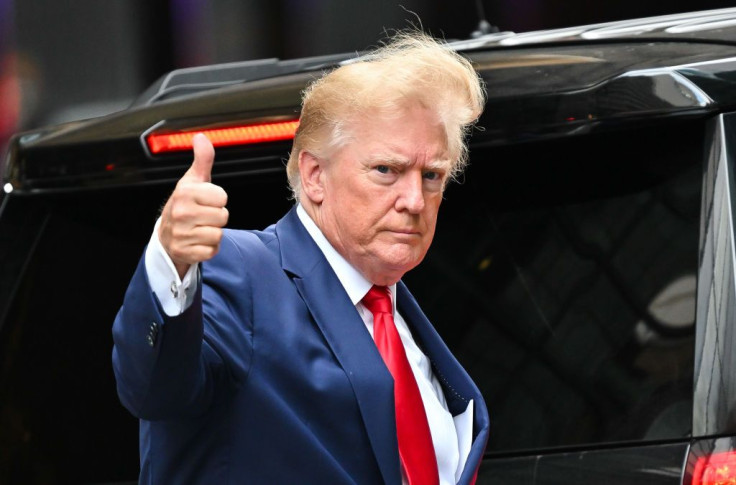Former President Donald Trump has been given time until Friday by a federal judge in Florida to clarify his request for a special master to oversee the review of evidence collected in this month's Mar-a-Lago raid.
Trump's lawyers have been asked by District Court Judge Aileen Cannon in the Southern District of Florida to elaborate on their arguments for why the court has the ability to step in at this time. They have been ordered to explain what exactly Trump is asking for and whether the Department of Justice (DOJ) has been served with Trump's special master motion, reported CNN.
Cannon signaled some confusion about the motion Trump’s lawyers filed on Monday in a brief order on Tuesday afternoon, according to Politico.
CNBC reported that the judge also ordered Trump to tell her how his lawsuit affects another pending case. It involves the same search warrant before a federal magistrate judge in the same court.
Trump’s complaint seems to have fallen short of what would have been expected of a court submission asking for a special master's appointment. It was particularly in connection with a search like the one that Federal Bureau of Investigation (FBI) executed at Mar-a-Lago.
Mark Schnapp, a criminal defense lawyer who spent seven years working for the U.S. Attorney's Office for the Southern District of Florida, noted that what the judge is saying is, "What are you doing in front of me?"
It is actually not outside the legal norm for the former President to want a special master involved in the review of the evidence that was seized from his Florida property. Michael Cohen, Trump’s former lawyer, successfully sought the appointment of a special master when the attorney's office and houses were searched by the FBI in 2018.
As for Trump, he waited two weeks to make such a request. It raised eyebrows because of how far along in the process the Justice Department is likely in reviewing what it seized at Trump's residence. When Trump finally filed his request with the court, the complaint leaned heavily into political accusations. It was light on the sort of legal discussion that would explain to a court why it should intervene and what authority it had to do so.

© 2025 Latin Times. All rights reserved. Do not reproduce without permission.





